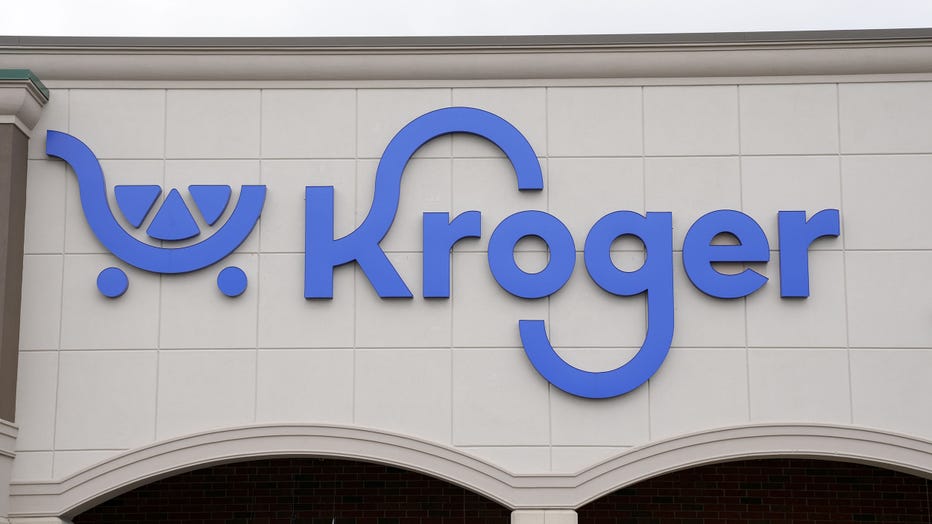Senators accuse Kroger, Walmart of potential price gouging with digital tags
'Feeding America' aims to combat food access shortage
Feeding America supports tens of millions of people who experience food insecurity to get the food and resources they say they need to thrive as part of a nationwide network of food banks, statewide food bank associations, food pantries and meal programs
Two Democratic senators have launched an investigation into Kroger’s digital price tag rollout, a feature that allows retailers to dynamically change prices "with the mere click of a button."
In a letter to Kroger, Sens. Elizabeth Warren and Bob Casey accuse large grocery chains like Kroger and Walmart of being poised "to squeeze consumers to increase profits."
"Analysts have indicated that the widespread use of dynamic pricing will result in groceries and other consumer goods being ‘priced like airline tickets,’" the letter states, "‘creating a sense of urgency and a sense of scarcity that wouldn’t exist if there were just publicly posted prices that everyone understood.’"
RELATED: Here’s what the typical grocery basket costs today – and it's higher than last year
Kroger, the largest grocer in the U.S., has been testing "electronic shelf tags" since 2018. It expanded the feature to 500 stores last year, according to Warren and Casey. Walmart later announced that it was bringing digital price tags to 2,300 stores.
Kroger, which could add thousands of stores to its portfolio with its purchase of Albertsons/Safeway, denied the accusations in a statement provided to FOX TV Stations. Walmart was not immediately available for comment.
"Kroger’s business model is to lower prices over time so that more customers shop with us, which leads to more revenue that we then invest in lower prices, higher wages, and an even better shopping experience. Everything we do is designed to support this strategy, and customers are shopping more with Kroger now than ever because we are fighting inflation and providing great value. Any test of electronic shelf tags is to lower prices more for customers where it matters most. To suggest otherwise is not true."

A Kroger grocery store in Covington, Kentucky, US, on Sunday, June 2, 2024. Photographer: Jeffrey Dean/Bloomberg via Getty Images
The senators, however, say it’s just another "profiteering scheme" for grocery giants as families continue to struggle with increased grocery prices.
The price of an average food basket in July was 3.1% higher than three months ago and 2% higher than a year ago. According to the letter, U.S. consumers spend, on average, 11.2% of their budget on groceries.
RELATED: Wendy's faces backlash after 'surge pricing' reports, denies claims
"Large grocery chains such as Walmart and Kroger have claimed that dynamic pricing … benefits consumers by freeing up time for employees to assist customers," the letter states. "However, these devices also introduce the potential for grocery giants to abuse their power and surge grocery prices, raising prices suddenly and at times when certain products are in highest demand.
"For example, stores may use this technology to raise the price of turkeys in the days leading up to Thanksgiving, or the price of ice cream on a hot day, causing customers to face unexpected price hikes when they reach the grocery aisle and find themselves unable to afford the groceries that they had originally budgeted for."
Digital price tags come with privacy concerns
In addition to dynamic pricing, the electronic shelf tags have also raised privacy concerns, according to the senators.
They say Kroger has a partnership with Microsoft that will place cameras at the stores’ digital displays, "which will use facial recognition tools to determine the gender and age of a customer captured on camera and present them with personalized offers and advertisements."
The technology, according to the letter, will allow Kroger to use customer data to build personalized profiles of each customer, and then use those profiles ‘to determine how much price hiking each of us can tolerate.’"
"It is outrageous that, as families continue to struggle to pay to put food on the table, grocery giants like Kroger continue to roll out surge pricing and other corporate profiteering schemes," the letter states.

